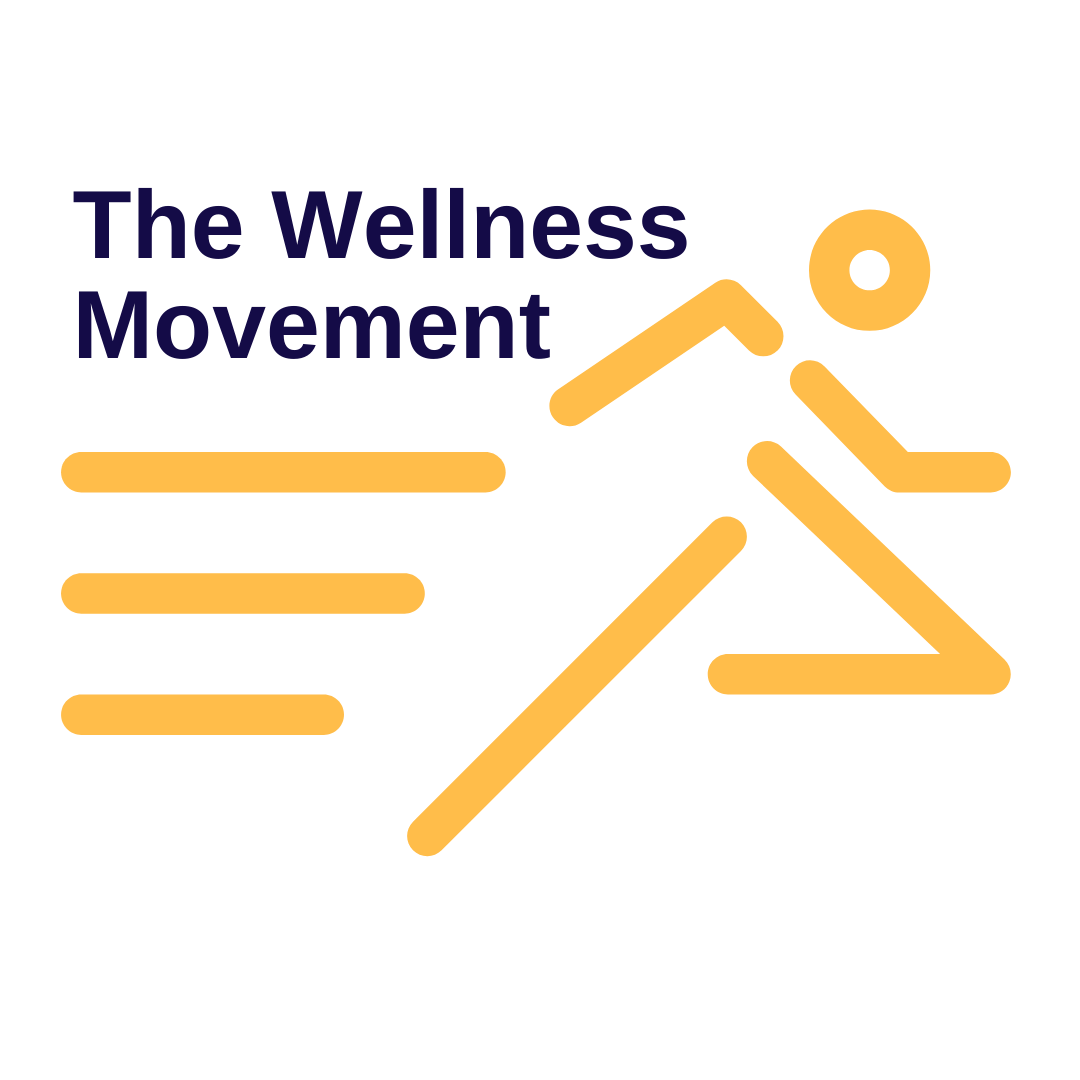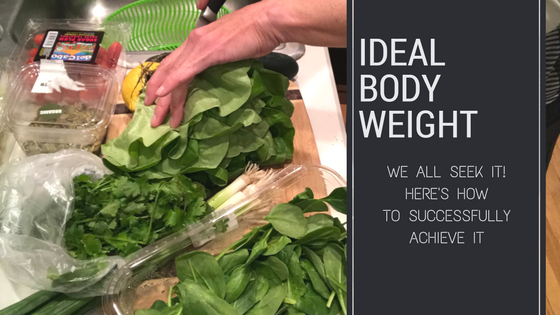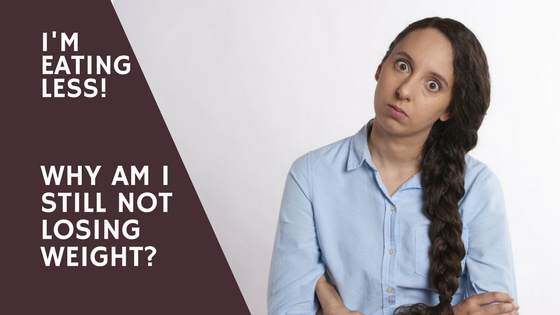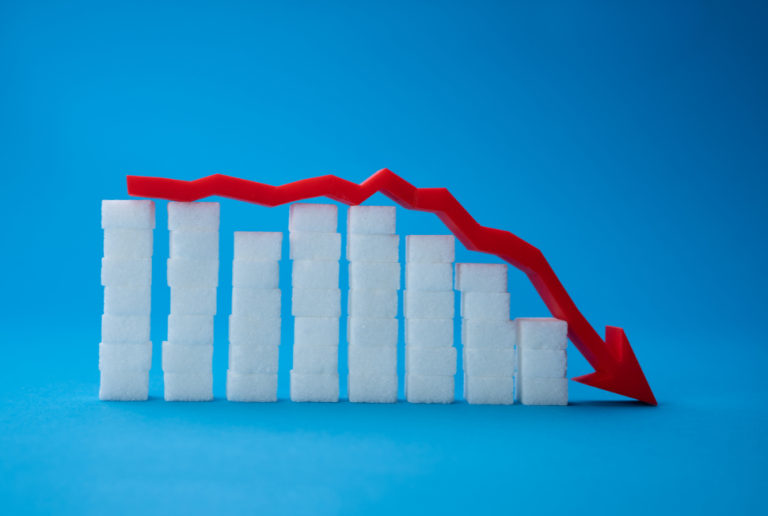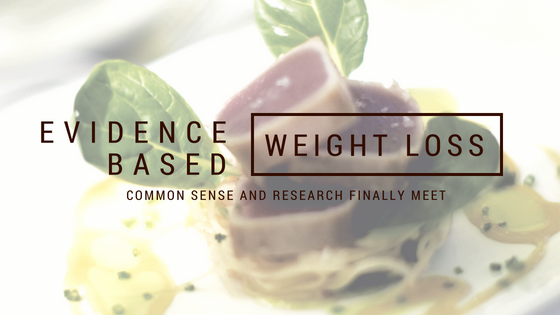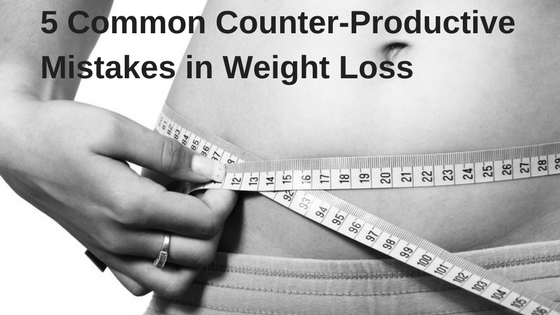Ideal Body Weight – Here’s How to Successfully Achieve It
By Cindy Abrami, NASM-Corrective Exercise Specialist, UESCA Running and Multisport Coach and holds a BS in Nutrition
No quick fixes or crash diets, do it right with appropriate and sustainable lifestyle changes and educated eating habits to achieve the results you’re after that will truly be the NEW YOU!
My eyes regularly pop out of my head when I (unfortunately) see fitness/diet related posts or ads pop up on my social media feeds, promising things like “21 days to your beach body”, or touting quick weight loss plans, using misleading terminology such as “melt” away the pounds, detox yourself and lose 10 pounds in a week. I cringe, I get angry. I continue to hope the public is able to see through the hype and pass by this stuff without taking a bite. The problem isn’t as much about it being completely deceptive (which it is), it’s more about it being potentially harmful physically and psychologically. There are many ways to quickly drop pounds. In fact the sure way to do it is to basically stop eating for a week or more. Extreme caloric restriction will in fact allow you to lose weight. But did you know that your body actually has a survival mechanism that kicks in if it senses food is scarce? Most people who experience quick weight loss through extreme and unhealthy means will eventually gain it all back but the real kicker is that once this happens, their bodies will have adapted to that extreme and will be more resistant to weight loss and weight maintenance.
On the other hand, those who’ve experienced lasting weight loss do so gradually and sustainably with basic changes to lifestyle, while making appropriate changes to diet. They aren’t starving themselves on juice diets, nor do they deprive themselves of the calories their bodies need. They aren’t taking extreme measures to quickly drop pounds and aren’t dragging for several hours a day dealing with hunger impulses that they try to ignore.
If the factors that lead to weight loss are not sustainable, they will only
take you so far and then they will become the ultimate enemy.
The human body adapts to extreme calorie reduction by slowing down metabolically so to spare remaining energy stores (fat). Additionally, once it has adapted in this way, therefore making it difficult even to maintain ideal weight, it likely will not rebound to its original level (at least not for a long, long time, if ever). So what this basically means is, 60-70% of your daily caloric expenditure (energy out) is via the resting metabolic rate (RMR) which is the base energy expended to maintain life (all of your metabolic processes that run your body). It is obviously the highest percentage of energy used. In response to crash dieting, extreme calorie reduction, deprivation of the caloric need, attempts at quick weight loss, the RMR will decrease (meaning your body will use less energy in general). This ultimately means that if you lose weight quickly, causing this adaption to kick in, not only will you need to continue with some amount of extreme reduction in caloric intake but you’ll have to continue to decrease it because your base caloric need will be less. Bottom line! This is the main reason why so many folks lose and gain until they’ve lost all hope of ever being able to maintain their ideal weight.
Let those “get your beach body in 21 days” ads move right on by and see the red flags in all of those claims. You’ll see a lot of them because that seems to be what sells. Now you know better though.
There’s a different way and here are some important tips to help you
successfully achieve your ideal body weight the right way!!
Tip #1: Instead of restricting calories, change the source of the calories
What you eat is just as important as how much you eat. So while you don’t want to eat more than you need, make sure that you eat a clean, whole food diet, rich in nutrients, that contains portions of all the macronutrients (fat, carbohydrate, protein). Related to vegetables and fruits, consume them as raw as possible. Unprocessed food is harder to digest and boosts our metabolism as our systems work harder to process it. In many cases, we actually don’t absorb all of the calories from these foods. Processed foods on the other hand are, in a way, sort of pre-digested for us and therefore are more bio-available and absorbable. Our digestive systems don’t work as hard and absorb the calories readily. Always shop, stock and eat in terms of ensuring foods are in their most natural, whole, raw form as possible. This should be your way of eating and eventually processed foods will no longer be a part of your daily diet. This is a huge step in the lifestyle changes needed for healthy sustainable weight.
Tip #2: Be mindful of your body’s natural appetite and pay attention to portion size
As mentioned above, how much we eat is also a factor. There are several things we can do in our daily eating habits to help moderate how much we actually feel we need to eat. For starters, eating whole, nutrient rich foods per Tip #1 rather than empty or less than ideal calories will keep us satisfied with fewer calories. The goal is to eat enough at meals to properly sustain you for several hours. Diets that contain healthy fat will go a long way to fill you up so remember to eat meals that contain ALL THREE macronutrients (fat, carbohydrate, protein). Protein, and to a lesser extent, carbohydrates are harder to digest so therefore you burn more calories during digestion of these nutrients. Another way to pay attention to your appetite is to slow down when you eat. Take your time and give your body enough time to hormonally adjust to your meal as you eat. With each bite, think about whether you’re at a point of satisfaction yet or not. If satisfied, you’re done eating. If not, eat a bit more. If you ever step over that line and begin to feel “stuffed”, you’ve over-eaten. So you’ll want to recalibrate your brain and pay attention to those signals. Lastly, put reasonable portions onto your plate realizing that if you need more, you can get seconds. Exact portion size is extremely individualistic so you will want to determine your own baseline. Similarly, don’t feel like you need to clean your plate. When you’re done, you’re done.
Tip #3: Remember the other side of the scale, energy out! Increase your energy expenditure
Proper nutrition relates to energy-in, and exercise and movement are an important part of energy-out! Remember that the resting metabolic rate (RMR) is 60-70% of your calories expenditure but exercise and daily movement of the body is still a game changer. Your actual purposeful exercise along with “non-exercise” activity comprise around 20-30% of your expenditure and therefore can be quite significate in the equation. Adding any additional exercise will always help so doing a little more than you currently are is a great place to start. Incorporating every aspect of fitness (endurance, strength, flexibility, agility, balance) really should be the goal and ultimately is essential to the process. Do it on your own, find a friend, join a gym, and/or hire a personal trainer or coach. Whatever it takes, seek to achieve at least 150 minutes of moderate exercise each week (walking, jogging, tennis, etc.), or 75 minutes of vigorous activity (running, swimming, cycling. And for even greater benefit, double that amount!
